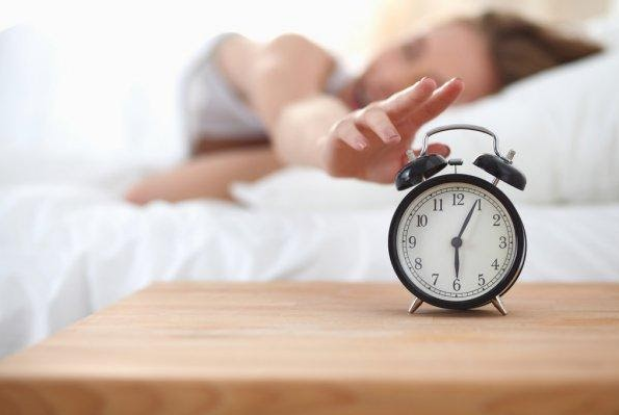How to Improve Sleep Naturally

- Melatonin Supplements
- Light Exposure
Your body has a biological clock of its own known as your circadian rhythm. Natural sunlight or bright light during the day improves your body’s daytime energy levels. When the sun goes down and it’s time to go to sleep, your body will naturally start producing melatonin, therefore improving sleep.
- Reduce Blue Light
Since light exposure is good during the day, the opposite is true for nighttime. Keeping bright lights on at nighttime can mess with your body’s circadian rhythm. A lot of our electronics and TV’s emit blue light, telling our bodies to stay awake instead of producing melatonin. One of the best ways to solve this problem is to stop using your electronics two hours before bed. You can also purchase special blue light blocking glasses, or download apps on your electronics to block blue light for free, such as f.lux.
- Improve Sleep Environment
The environment you sleep in can make a huge difference between a good and bad night’s sleep. Is your bedroom temperature too hot or cold? Is there a lot of noise outside? Is unwanted light entering your room? Is it time to upgrade your mattress and/or pillows? All of these external factors should be addressed when trying to improve your quality of sleep.
- Avoid Long Naps
It can be hard to resist, but sleeping during the daytime can confuse your circadian rhythm, therefore making it harder to fall asleep at night. This isn’t the case for everyone, as some people feel refreshed after a long nap. However, if you tend to feel more tired throughout the day after you nap, try cutting your daytime naps. If you can’t get rid of naps all together, downsize your long nap to a 30-minute cat nap to see if you feel a difference.
Sources: Harvard Health. (2012, July 1). 8 secrets to a good night’s sleep. https://www.health.harvard.edu/sleep/8-secrets-to-a-good-nights-sleep. Johns Hopkins Medicine. Natural Sleep Aids: Home Remedies to Help You Sleep. https://www.hopkinsmedicine.org/health/wellness-and-prevention/natural-sleep-aids-home-remedies-to-help-you-sleep. Mawer, R. (2020, February 28). 17 Proven Tips to Sleep Better at Night. Healthline. https://www.healthline.com/nutrition/17-tips-to-sleep-better
